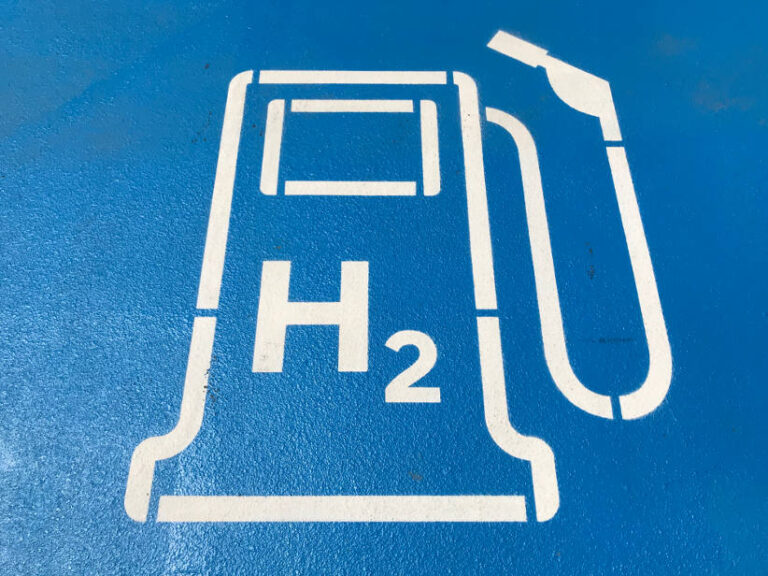Foton Mobility Distribution (FMD) is honoured and excited to be able to announce that it has been selected unconditionally as the Preferred Tenderer for the provision of three (3) Hydrogen Fuel Cell electric buses (FCEB’s) to Metro Tasmania.
The rigorous Tender process commenced in mid-2022 and culminated in the recent signing of Unconditional Contracts and confirmation of funding.
The FCEB trial, to be centred on Hobart, will commence in early 2024 and run for three years, in tandem with a two-year Battery Electric Bus (BEB) trial centred on Launceston.
The projects are key to the Tasmanian Governments target of Net Zero emissions by 2030, and support Metro’s mission to deliver modern, efficient and attractive public transport services.
The Tasmanian Government recognises that the Transport sector is a significant contributor to the State’s greenhouse gas emissions. By funding these trials, the Government aims to learn how it can reduce overall vehicle emissions and meet its 2030 target.
Being one of the few places in the World to already be 100% self-sufficient in renewable electricity, the Tasmanian Government can utilise this advantage to produce “Green” hydrogen for use across Industry, including Heavy Transport.
Neil Wang, CEO of FMD commented “We are extremely excited and grateful for the opportunity to work with Metro Tasmania in relation to this trial. FMD will bring to the table over 12 years of Hydrogen vehicle experience, including Technical and Operational data via our OEM, supported by Safety and Skills training in the safe operation and maintenance of the vehicles. The FMD Team look forward to working closely with Metro Tasmania to ensure the trial is a success, leading to the advancement of Hydrogen e-mobility as a significant alternative to achieve CO2 reductions”.
As a leading supplier of New Energy commercial vehicles, including Battery Electric Buses, Trucks and Vans, and Hydrogen Fuel Cell buses and Trucks, FMD is delighted to have been selected to support Metro Tasmania and the Tasmanian Government in their transition to Net Zero.






